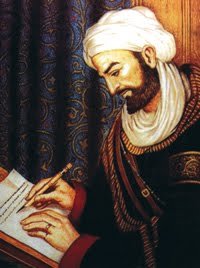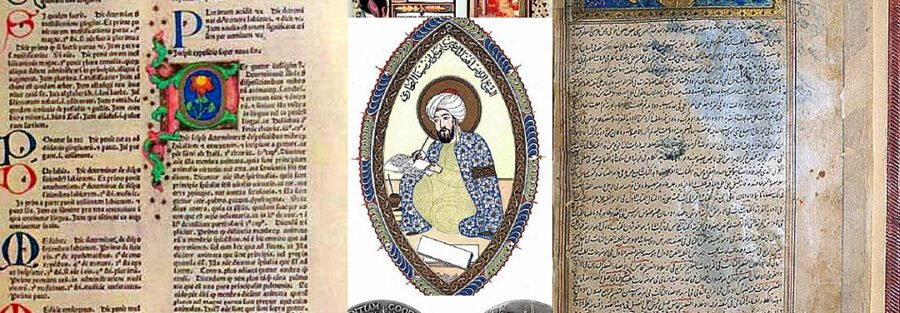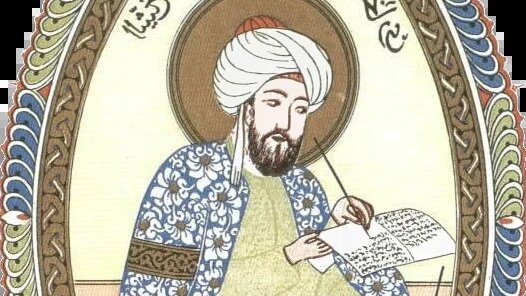
Ibn Sina: The Father of Medicine
Ibn Sina (980–1037 CE), also known as Avicenna in the West, was one of the most influential figures in the history of medicine, philosophy, and science. Often referred to as the “Father of Medicine,” his groundbreaking works in medical science, particularly The Canon of Medicine, laid the foundation for modern medical practices. Beyond medicine, his contributions to philosophy, astronomy, mathematics, and physics solidified his place as a leading thinker of the Islamic Golden Age.
Early Life and Education
Born in Afshana, near Bukhara (modern-day Uzbekistan), Ibn Sina displayed extraordinary intelligence from a young age. By the time he was 10, he had memorized the Quran and had begun studying a wide range of subjects, including mathematics, astronomy, and natural sciences. Under the guidance of renowned scholars, he mastered medicine by the age of 16 and became a practicing physician soon after.
His reputation as a brilliant doctor spread quickly, and at the age of 18, he successfully treated the Samani ruler Nuh ibn Mansur, gaining him access to the royal library, which further enriched his knowledge.
Contributions to Medicine
Ibn Sina’s most significant contribution to medical science was his comprehensive work, The Canon of Medicine (Al-Qanun fi al-Tibb), which became a standard medical textbook in both the Islamic world and Europe for several centuries. This monumental work systematically categorized medical knowledge, covering topics such as anatomy, pharmacology, diagnosis, and treatments for various diseases.
Among his many medical advancements, Ibn Sina:
- Identified the contagious nature of infectious diseases and the importance of quarantine.
- Described the symptoms and treatment of diseases such as diabetes, tuberculosis, and meningitis.
- Introduced clinical trials and evidence-based medicine.
- Made advancements in pharmacology, compiling an extensive list of medicinal plants and their effects.

Contributions to Philosophy and Science
Beyond medicine, Ibn Sina was a leading philosopher, deeply influenced by Aristotle and Neoplatonism. His work The Book of Healing (Kitab al-Shifa) was a vast encyclopedia covering logic, metaphysics, ethics, and psychology. He sought to reconcile reason and faith, influencing later philosophers such as Thomas Aquinas and Maimonides.
In astronomy, he contributed to the understanding of celestial mechanics, questioning Ptolemaic theories and hinting at concepts that would later influence Renaissance astronomy. In mathematics, he made advances in algebra and geometry, contributing to the development of early calculus.
Legacy and Influence
Ibn Sina’s impact on medicine, philosophy, and science remained unparalleled for centuries. The Canon of Medicine was used as a primary medical text in European universities until the 17th century, shaping the practice of medicine in both the East and the West. His philosophical insights contributed to the development of Scholasticism and the Renaissance.
Today, Ibn Sina is remembered as one of the greatest intellectual figures in history. His holistic approach to medicine, emphasizing empirical observation and systematic classification, remains a cornerstone of medical science. His work continues to inspire scholars and medical practitioners worldwide, solidifying his place as a true pioneer in human knowledge.
Conclusion
Ibn Sina’s contributions to medicine, philosophy, and science exemplify the brilliance of the Islamic Golden Age. His enduring legacy as the “Father of Medicine” ensures that his name remains synonymous with medical excellence, intellectual rigor, and the pursuit of knowledge.



